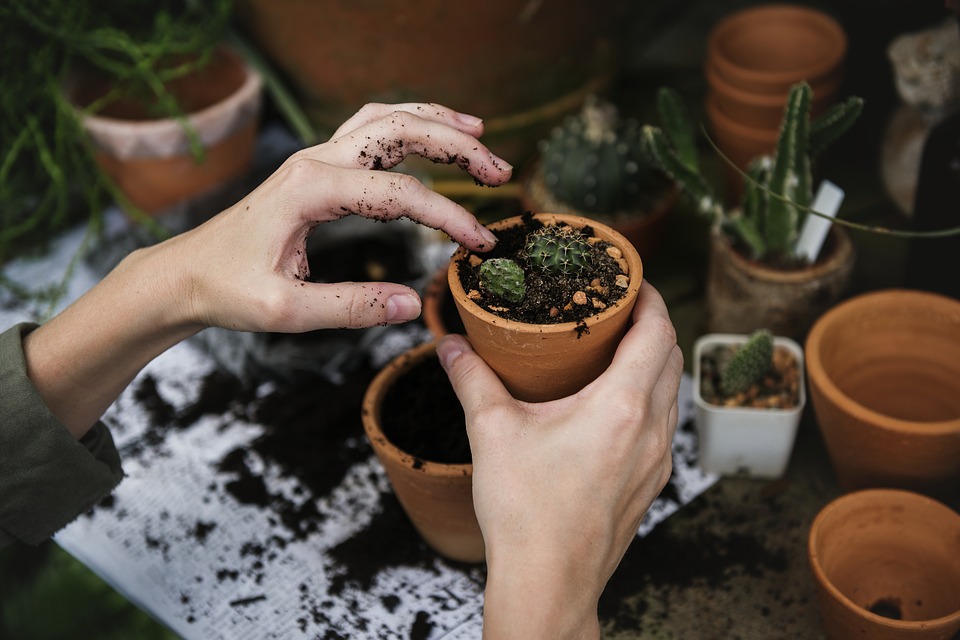Gardening is an art. It’s so much more than simply watering dirt and ensuring 2-4 hours of direct sunlight. Each type of plant requires specific care for optimal health. A gardener enjoys working for her hands, reaping the colorful, vibrant benefits of what she sows. As with any artist, one requires the correct tools and resources. Water is one of those. For those gardeners with a passion for organic gardening, water quality is especially vital. Just like the water we consume for hydration and nutrition, plants require nutrients- such as water- to foster a plants’ full blooming potential free from harmful chemicals that can potentially interrupt a root’s ability to thrive.
Water contaminants vary geographically. Pollutants from farming, agriculture, and industrial waste all play an intimate role in water health. Municipal, well and even organic sources like spring water contain multiple contaminants unique to its home region. It’s important to know the quality of water that you’re plants are receiving. Water safety is well researched and regulated, due to the inherent risks of consuming water that contains harmful bacteria, chemicals, metals, and sediment. In addition to educational resources, there are many useful products designed by water purification system suppliers to ensure high-quality, safe water.
Organic gardening is an art form and a pursuit of a lifestyle free of chemicals and pesticides. It’s a dedication to growing healthy plants, with the confidence of a chemical and pesticide-free nurturing. The physical and emotional benefits of organic gardening introduce a perfect balance of respite and longevity. The finished product of a beautiful yard, garden or garden-to table produce at Sunday dinner is a worthy reward. It’s a gardener’s heart and soul- valued infinitely. Share it with the community. Spread your passion of gardening through teaching others about it, sharing seeds at a local library, and even letting others taste the difference between an organic tomato (if that’s your thing) and a store bought one. You are the superheroes of the gardening community!

